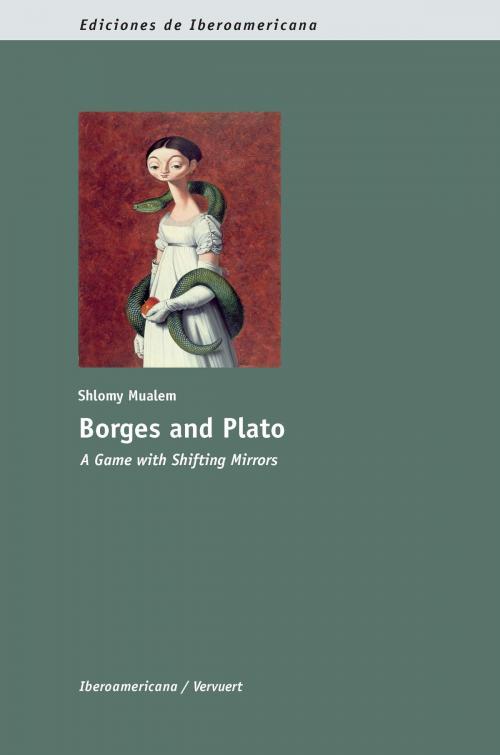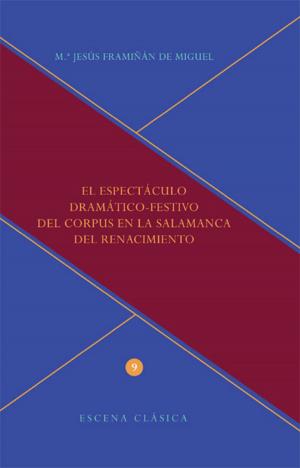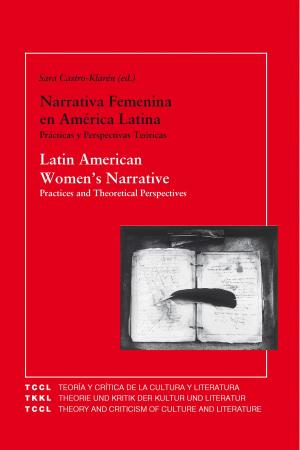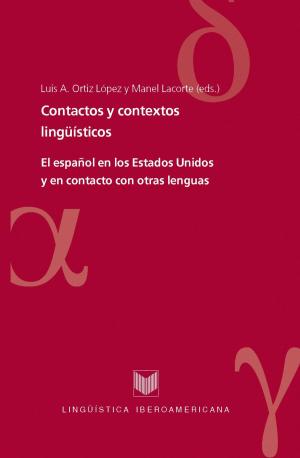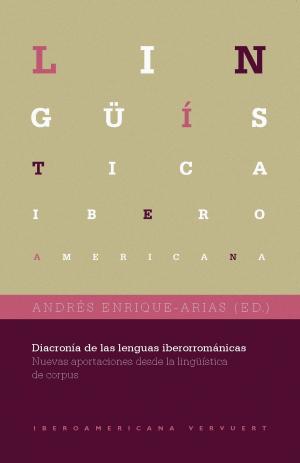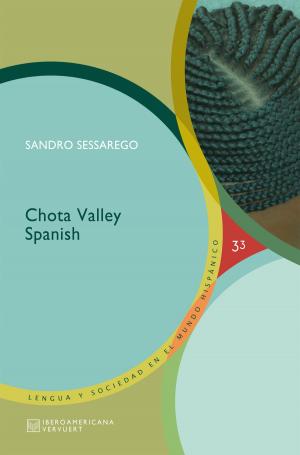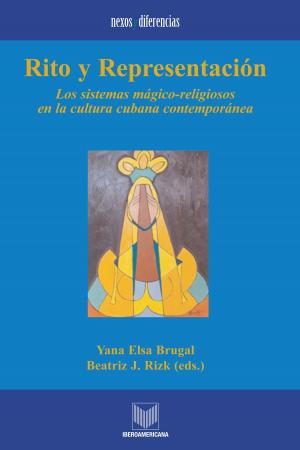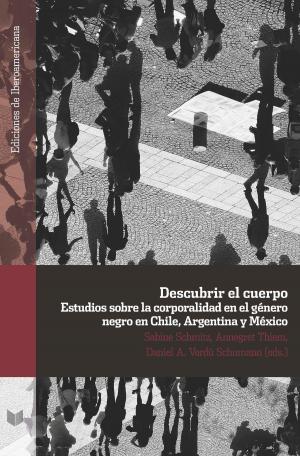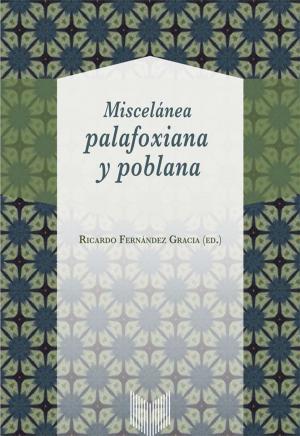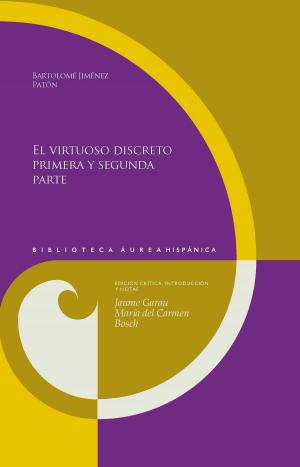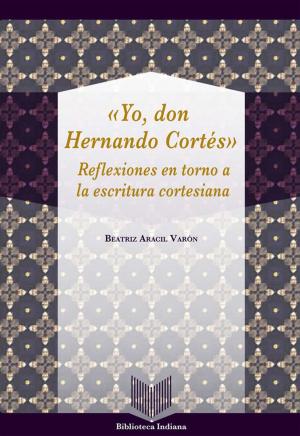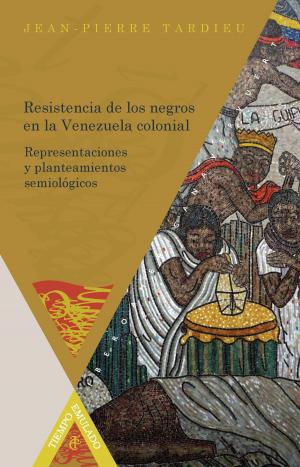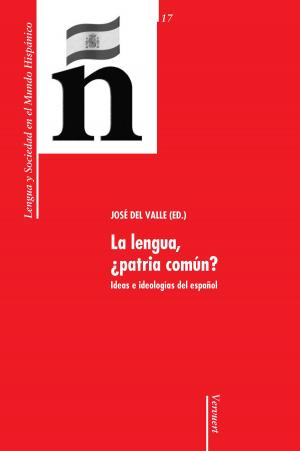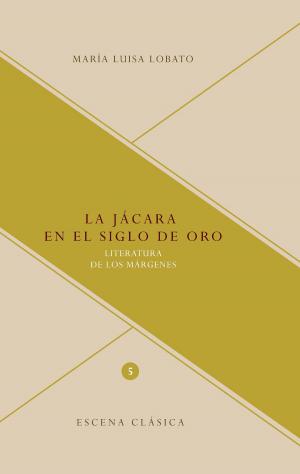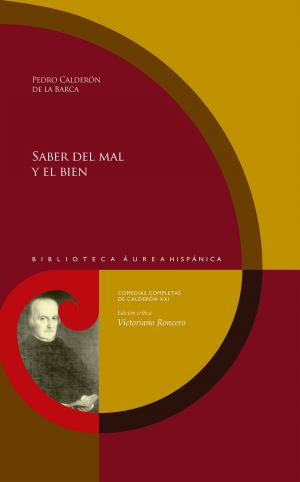Borges and Plato: A Game with Shifting Mirrors
Nonfiction, Religion & Spirituality, Philosophy, Ancient, Fiction & Literature, Literary Theory & Criticism, American| Author: | Shlomy Mualem | ISBN: | 9783954870462 |
| Publisher: | Iberoamericana Editorial Vervuert | Publication: | June 1, 2014 |
| Imprint: | Language: | English |
| Author: | Shlomy Mualem |
| ISBN: | 9783954870462 |
| Publisher: | Iberoamericana Editorial Vervuert |
| Publication: | June 1, 2014 |
| Imprint: | |
| Language: | English |
Jorge Luis Borges´ philosophical fiction and Plato´s intellectual dramas are perhaps the most intricate records in Western history of attempts to artfully interweave mythos and logos, argumentation and narrative, thought and imagination. Their juxtaposition, presented in the following study, aims at demonstrating the complex connections between classical and modern literature and thought. The study shows how the Platonic viewpoint sheds new light on Borges´ essayistic and fictional work, providing what Wittgenstein calls an aspect change in considering Borges´ literary and theoretical work as a whole textual corpus. The first part of the study deals with three theoretical themes: the interrelation of myth and logos, the quest for knowledge, and the theory of the archetypes. The second part is more aesthetically oriented, attending to artistic inspiration, literary representation, narrative identity, the nature of the written word, the act of reading, and the act of writing. All in all, the study strives to manifest the extent to which Borges´ thought is deeply rooted in classical doctrines and Platonic themes, and, based on that, to provide new interpretations to Borgesian stories and poems.
Jorge Luis Borges´ philosophical fiction and Plato´s intellectual dramas are perhaps the most intricate records in Western history of attempts to artfully interweave mythos and logos, argumentation and narrative, thought and imagination. Their juxtaposition, presented in the following study, aims at demonstrating the complex connections between classical and modern literature and thought. The study shows how the Platonic viewpoint sheds new light on Borges´ essayistic and fictional work, providing what Wittgenstein calls an aspect change in considering Borges´ literary and theoretical work as a whole textual corpus. The first part of the study deals with three theoretical themes: the interrelation of myth and logos, the quest for knowledge, and the theory of the archetypes. The second part is more aesthetically oriented, attending to artistic inspiration, literary representation, narrative identity, the nature of the written word, the act of reading, and the act of writing. All in all, the study strives to manifest the extent to which Borges´ thought is deeply rooted in classical doctrines and Platonic themes, and, based on that, to provide new interpretations to Borgesian stories and poems.
